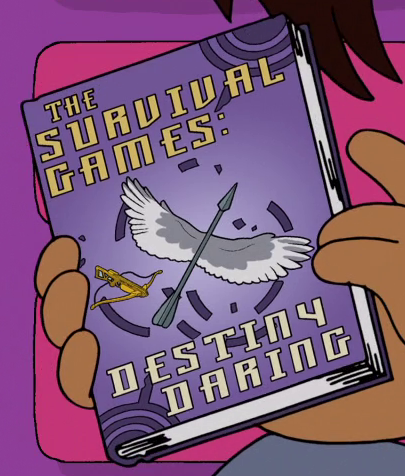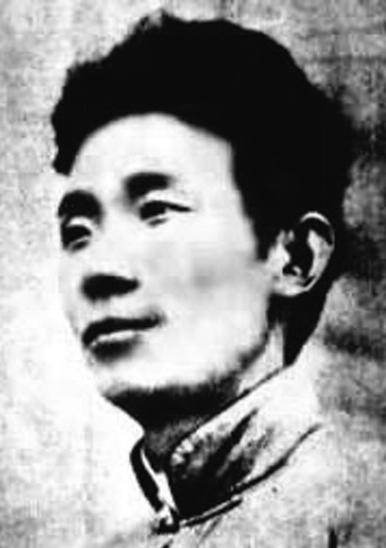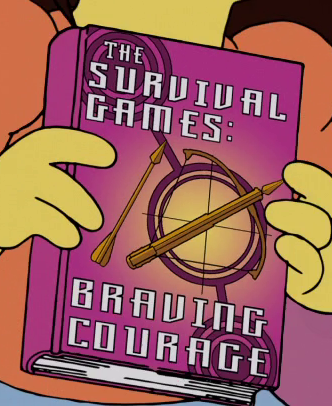February in The United States is ”Black History Month”, a national holiday in which Americans remember the long, multilayered history of Black Americans. The holiday sheds light on events and struggles Black Americans have faced, but also highlights the contributions that this minority has made nationally and internationally. In honor of this holiday, here are five diverse Cultural items that discuss race and experiences of Black Americans, and which, naturally, are headed or produced by members of this vibrant community.
1. ”Kindred” by Octavia E. Butler (published 1979): While often referred to as the first science fiction book written by a Black American woman, Butler herself considered it a fantasy novel. This splendid novel follows a time travel tale of the protagonist Dana, who one day is suddenly transported from 1976 to the 19th century, where she encounters her ancestral for-bearers, who are both white slave owners and Black slaves. Thus begins a journey that not only openly discusses American Slavery, but also raises complex questions about morality and power. This novel interestingly deconstructs the concept of time traveling, while also showcasing some of the most horrid and uncomfortable aspects of human nature. Not for the hesitant, or those who have a light acquaintance with the realities of slavery, the book deals with rape quite heavily, and is explicit in the sexual violence that Black women (both free and enslaved) were subjected to. The protagonist Dana, herself, often is ensnared in situations where she wanders into morally uncomfortable territory, and a subtle swell of self doubt is entangled in the interactions and reflections she experiences with her white husband (who time travels with her) with his faint dismissals of the repugnance relations of slavery. Her relationship with Rufus, her white slave-owning ancestor, is twisted and full of abuse, verging continually between friendship and hatred. Yet regardless of all this ”Kindred” mesmerizes and can only be called a real page turner. Fast paced and very exciting; Butler is able to mix historical fiction, social commentary and action-packed fantasy all into one book. Highly recommended to both genre and literary fiction lovers.

2. ”Lemonade: the Visual album” (2016) by Beyonce: Few culture events were as buzzed about last year as Beyonce´s visual album ”Lemonade”. This ambitious hour-long odyssey adeptly combined poetry, songs and visual, while simultaneously being both an ode to Black Womanhood and Beyonce’s own personal explorations, including facing the anger for her husbands infidelity, the eternal messiness of complicated relationships one has with ones parents, Black lives matter, to name a few. Both the lyrics of Beyonce´s songs and the poems (a collaboration between Beyonce and British poet Warsan Shire) survey a riveting tale of a woman living and dealing with anger, jealousy, sadness and ultimately forgiveness towards her husband, while also remembering the resentment and love she felt towards her father, who cheated on her mother when she was a child. The mixture of visuals reflect not only the long form music video form but also makes loving nods to the production of visual artists from the likes of Matthew Barney to Pippilotti Rist. The stirring and lingering camera and vocals looking at the strides and difficulties of the Black Lives Matter movement, touch us especially as a melancholy segment where the group of (real life) Mothers of unarmed young black men gunned down in obviously racist events, stand as the human face of the stricken down in evident calm and startlingly noble demeanor. Loss and strength of a people are embodied in this scene where it´s hard not to tear up. So much has already been talked about “Lemonade”, so all that’s left to say is: watch it, you won´t regret it.

3. ”A Patch of Blue” (1965), directed by Guy Green: This classic drama which resonates with elements of the romantic genre follows the young blind girl Selina who lives with an abusive mother. Selina´s mother has not only barred her from attending school, but seeks to totally and sadistically isolate her entirely from society. By accident, Selina stumbles upon Gordon, a (unknown to her) black man, and the two become friends. The movie stars Sidney Portier and Elizabeth Hartman (who would later voice Mrs. Brisby in ”The Secret of NIMF”). These two galvanizing presences enlighten the screen and give the tale a touch nuance a midst the strength of many heartfelt moments. The film discusses Gordon’s experiences with racial segregation of the period, and how his friendship with the white woman reverberates with fears, hesitations, and anxieties. Selina, trapped in her own segregation from the society, deals with a systematized ableist world which looks askance and down on the “less than human” of her blindness. The two characters, both dealing with their own oppression’s but also empowerment, bond and encourage one other, which blooms into a deep human relation. Connecting the leads, here, nothing more important need be said then that they really do seem to have an authentic and sweet feel between them. The movie also plays with the romantic aspect in a realistic way; while the film hints at a mutual attraction, the movie does not overly prioritize the love story, and instead focuses on Selina´s development and new fond chance to get education. A little known gem, but totally worth checking out.

4. ”Home” by Toni Morrison (published 2012): While all of Morrison’s novels are worth reading, ”Home” is one of her newest releases and is fairly short, so a much more of a quicker read. The book follows two siblings, Frank and Ycindra Money, in Post-Korean war America. Frank is suffering PTSD from his time in the war, and lives in a world composed of continual confusions and a persistent mourning of the death of his fallen friends. “Home” begins with the duo being split due to Franks time in Korea, followed by him moving in with his girlfriend. Frank then hears via letter that Ycindra has grown sick, and must rush to her side. The book is told in a series of nonlinear flash backs from both Ycindra’s and Frank’s point of view, and is rounded out with segments of Frank´s internal dialogue candidly presented to the reader. While the book tackles issues such as racial discrimination and eugenics, the book also confronts the subjects of guilt, unreliable narration, and family. The relationship between Frank and Ycindra, who´s parents died when they were young and, therefore, were raised by unkind grandparents, is moving but also with it´s darker elements. The novel explores race and gender in subtle ways, with themes that anyone regardless of their backgrounds can relate to. ”Home” also gives a shocking twist that is bound to get the reader thinking. A must read.

5. ”for colored girls who have considered suicide / when the rainbow is enuf ” by Ntozake Shange (published and first performed 1976): This experimental play has a dedicated fan-base, but was highly controversial at the time of its release. The author was accused of hating men, and the all black cast was unusual for the time. The play is told in verses, and if read in book form comes across as more poetic than play (Ms. Shange is a poet, as well as a playwright and novelist). The narrative follows the intertwined stories of a group of Black women, all having their own chronicles of joy and heartbreak. The poetic text tells a myriad of tales of rape, domestic abuse, sexual awakenings, the discovery of reading, and independence. The form of the play lies with each women telling their stories, playing on a narrative open field which moves from the uplifting to the funny and, naturally, through the devastating. The style also makes the reading experience unique. The cast is entirely female, entirely black, and talks about issues that revolutionized theater in America and beyond. A play that deserves the title classic in every way.

So those are a few suggestions in honor of Black History Month. What would you all recommend? Comment down below!
















